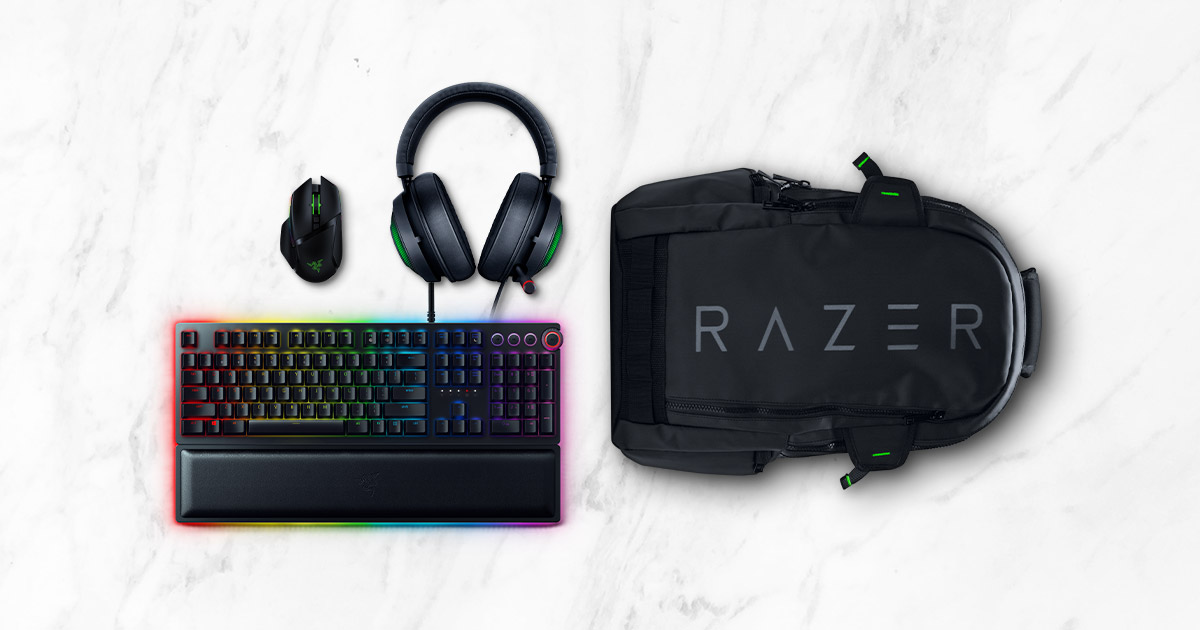If you’re an avid gamer, a student doing research or editing, or just need a reliable desktop computer for day-to-day tasks, building your own PC is the best way to get the performance and features you need. It can also save you money compared to buying a pre-built model.
But before you start building your own PC, there are a few things to keep in mind.
Budget
Building a PC is a labor-intensive task that requires careful research and planning. The process involves selecting the necessary components and tools, preparing them for assembly, and testing the system to ensure functionality. Some common parts include motherboards, processors, memory modules, storage devices (HDD and SSD), graphics cards, power supply units, and a case/chassis enclosure.
When it comes to selecting a custom PC builder, it is important to understand your budget. While it may be tempting to purchase the most expensive components, this isn’t always necessary or practical depending on your specific performance needs.
In addition to the cost of building a computer, you must also consider software costs. If you want to upgrade your hardware in the future, you will need a license for an operating system like Windows. You can find these licenses online or at a local computer store. Alternatively, you can choose to buy a pre-built system from a company that specializes in computer construction.
Compatibility
While constructing a PC from scratch requires a significant amount of time and effort, it can be an excellent way to save money. This is because custom-built computers offer superior performance compared to pre-built models, and they can be customized for specific purposes.
However, it’s important to check a computer build’s system requirements before making a purchase. You should also consider what your computer will be used for, as this will affect its functionality. It is also important to buy components that are compatible with each other. You can use websites like PC Part Picker to help you choose the right components for your rig.
Another option is to order a PC from a company that specializes in custom-built computers. These companies will provide a broader range of customization options than pre-built computers without the need to roll up your sleeves and build it yourself. They also offer a wider selection of hardware than many online retailers, including liquid cooling systems and customizable aesthetics.
Parts
The most crucial parts of a computer are the motherboard, CPU (Central Processing Unit), GPU (Graphics Processing Unit) and system memory. These parts determine a computer’s capabilities, especially for gaming. It is essential to check a game’s system requirements and choose components that will meet or exceed them.
Another important part is the monitor. A good quality IPS monitor will provide vivid colors and wide viewing angles. It is also worth checking for technologies such as Freesync and G Sync.
To avoid static which can destroy electronic components, it is a good idea to wear an anti-static bracelet or wrist wrap when working on the computer. Using a bare metal surface and working in an environment without carpet are also helpful to reduce the chances of static buildup. Other essential accessories include a screwdriver, a pair of scissors and zip ties for tidying cables. You might also need a flashlight or headlamp to help you see inside the case and locate wires.
Installation
The hardware components you select will determine how well your computer performs, but assembling a custom PC can be challenging. To ensure the proper fit of your parts, make sure to test your build before you start. You can do this by plugging the CPU into its socket, connecting 1 fan to the motherboard’s CPU fan header (some boards will refuse to turn on if not done), and making sure that your PSU is plugged in.
When selecting your hardware, remember that faster processors cost more and newer generations of memory and storage offer more capacity for less. You should also consider the aesthetic of your build, as it can impact cooling and airflow. Finally, keep in mind that pre-built systems often include system-wide support like phone assistance and warranties. These details will vary by vendor, so be sure to check before purchasing a pre-built system. This will help you avoid unexpected expenses in the event of a problem.

